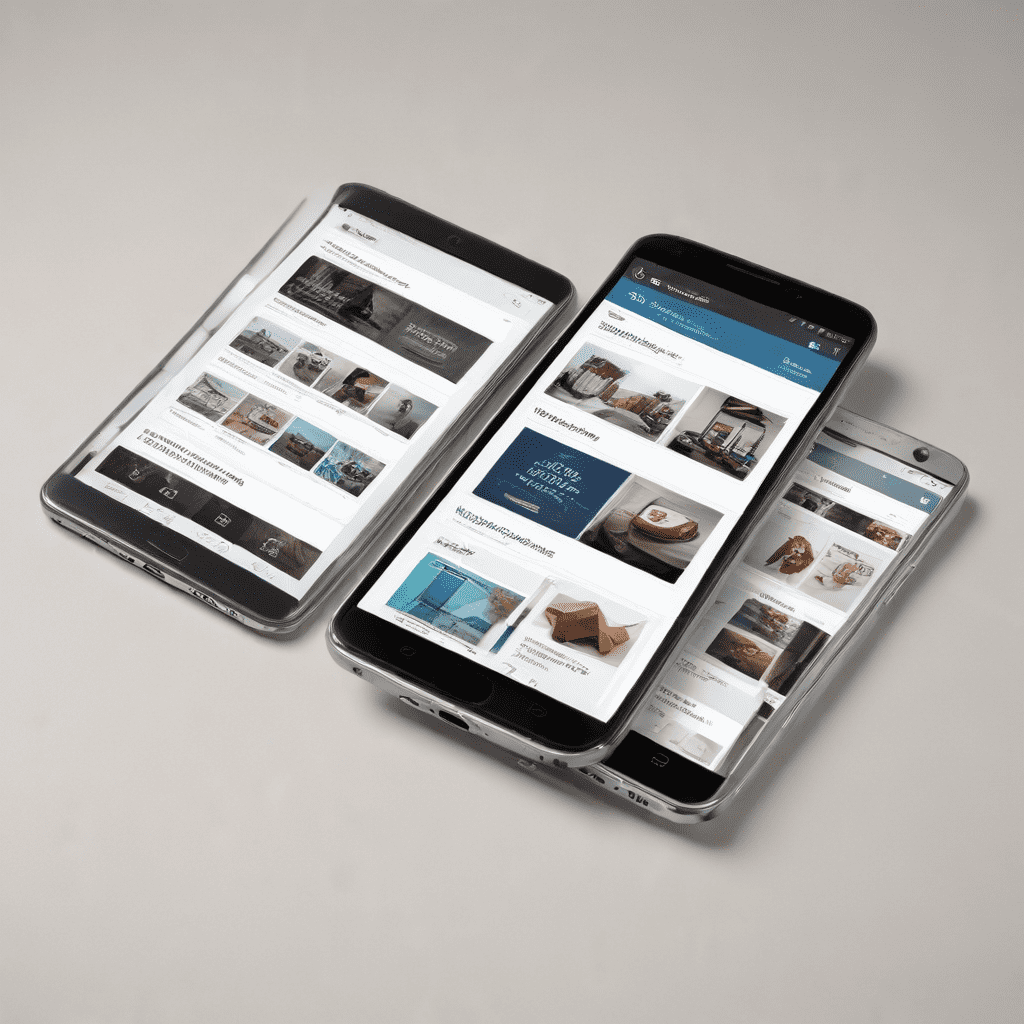Having a user-friendly web design cannot be overstated, especially today. A well-crafted website design improves user experience, increases engagement, and plays a crucial role in achieving overall success.
The Power of User-Friendly Web Design lies in crafting a seamless and intuitive experience for visitors. Using such approach involves designing websites that are visually appealing, easy to navigate, and accessible to everyone.
It’s objective is to help users quickly and effortlessly locate the information they need, minimizing frustration or confusion.
A user-friendly website keeps visitors engaged by making navigation easy and intuitive. When users can quickly find what they need with minimal effort, they are more likely to explore further, engage with content, and return. This improved experience can boost conversions like newsletter sign-ups, purchases, or social media shares.
Accessibility is essential for user-friendly design. Websites should cater to users with disabilities, such as visual, auditory, and motor impairments. Features like alt text, keyboard navigation, and proper color contrast enhance inclusivity, meet legal requirements, and show social responsibility.

In today’s mobile-focused world, a responsive design that functions well on all devices is crucial. As more users access websites through smartphones and tablets, a mobile-friendly site provides a consistent and enjoyable experience, which can positively affect search engine rankings.
An organized and clean layout helps users find information quickly. Clear headings, bullet points, and ample white space prevent users from feeling overwhelmed. Effective content layout guides users’ eyes through the most important information and calls to action, enhancing the site’s overall readability and usability.
Fast load times are another critical aspect of a user-friendly layout. Users expect websites to load quickly; slow pages can frustrate and drive them away. Optimizing images, browser caching, and minimizing code can speed up load times, keeping users engaged and satisfied.
A well-designed website that prioritizes user experience reflects positively on your brand’s professionalism and credibility. An attractive, user-friendly site builds trust, encouraging visitors to engage with your content and view your brand as reliable.
User-friendly web design prioritizes visitors’ needs and preferences. By ensuring intuitive navigation, accessibility, mobile optimization, content layout, and speed, you create a positive experience that encourages interaction and return visits. Investing in such design enhances aesthetics and boosts engagement, accessibility, and trust with your audience.